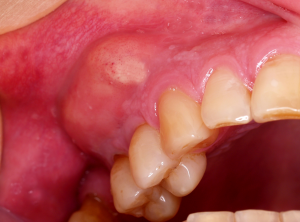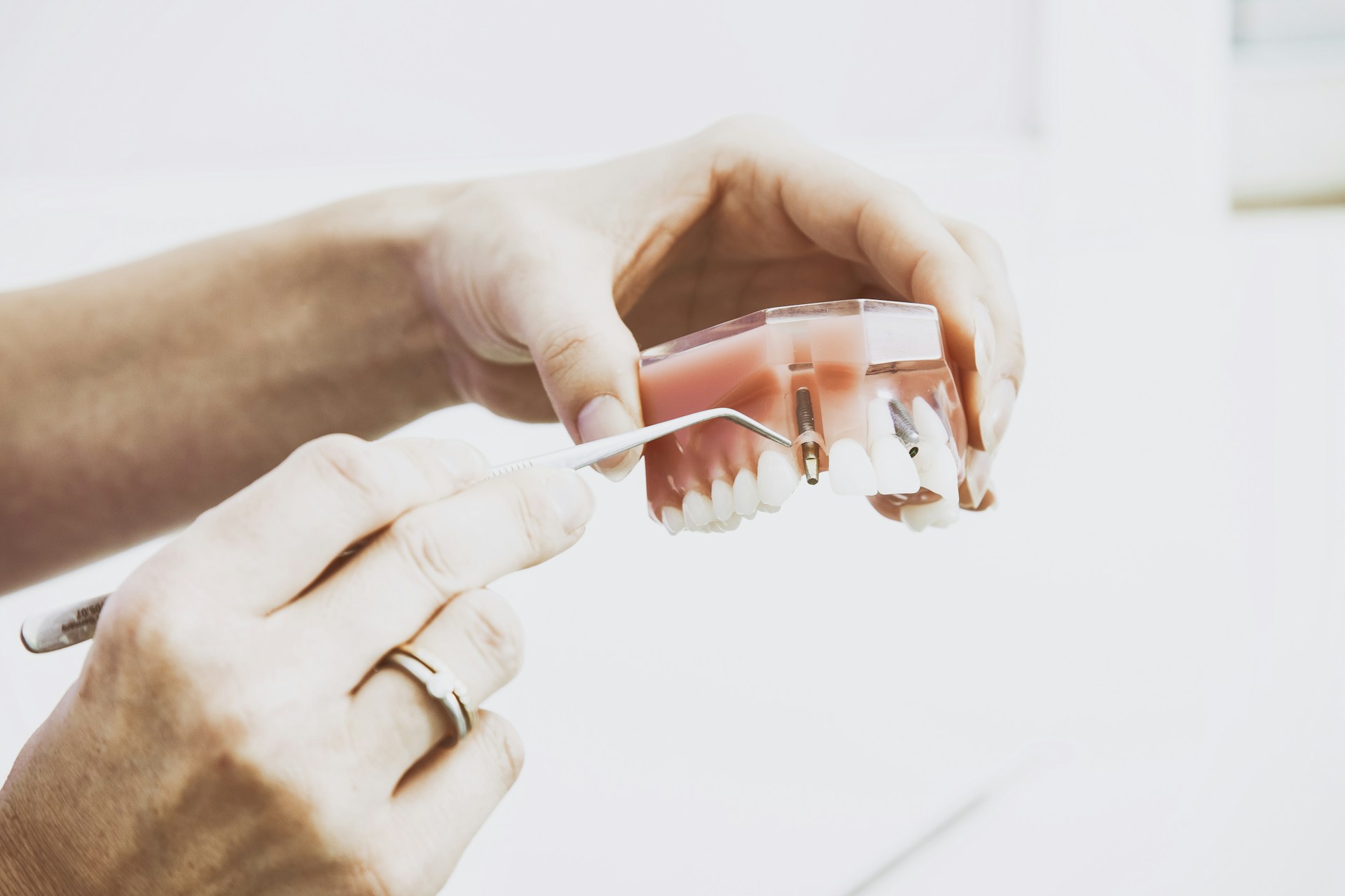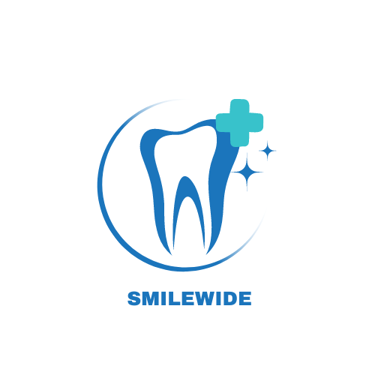SMILE- It costs nothing !!!
Understanding Dental Abscesses: Symptoms, Causes, Treatment Options


Dental or Tooth Abscess: Understanding the Condition
A dental or tooth abscess is a painful suppurative (pus forming) infection that occurs in the tooth or the surrounding tissues.
It is usually caused by a bacterial infection, which can result from tooth decay, gum disease, or traumatic injury to the tooth. If left untreated, a dental abscess can lead to serious complications and may require immediate dental intervention.
There are two main types of dental abscess which include :
Periapical abscess
Periodontal abscess
Periapical abscess is a pus forming infection in the apical region of the tooth which is usually caused by caries, trauma, and in cases of irritation of periapical tissues either by mechanical manipulation or by the application of chemicals in endodontic procedures.
Periodontal abscess is an infection caused by an existing periodontal disease.
Symptoms of Dental Abscess
The symptoms of a dental abscess may vary depending on the severity of the infection. Common signs and symptoms include:
Severe and persistent toothache which is often relieved by application of pressure
Sensitivity to hot or cold temperatures
Swelling in the face or cheek
Tender and swollen lymph nodes in the neck
Fever
Bad breath or a foul taste in the mouth
Pain when biting or chewing
In case of periodontal abscess , certain other signs are included like
The tooth becomes mobile ( loose)
Pain over the corresponding gums
If you experience any of these symptoms, it is important to seek dental attention promptly to prevent further complications.
Related : Can a Tooth abscess heal on its own ?
Treatment of Dental Abscess
How do dentists get rid of abscess ?
When you visit a dentist for the treatment of a dental abscess, they will first examine your mouth and take dental X-rays to assess the extent of the infection.
The treatment options for a dental abscess may include:
Drainage of the abscess: If the abscess is small and localized, the dentist may make a small incision to drain the pus and relieve the pressure. This can provide immediate pain relief.
Root canal treatment: In cases where the infection has reached the pulp of the tooth, a root canal procedure may be necessary. This involves removing the infected tissue, cleaning the root canal, and sealing it to prevent further infection.
Tooth extraction: If the tooth is severely infected and cannot be saved, the dentist may recommend extracting the tooth. This is usually the last resort when other treatment options are not feasible.
Prescription of antibiotics: In some cases, the dentist may prescribe antibiotics to help fight the infection and prevent its spread to other parts of the body.
The specific treatment plan will depend on the severity of the abscess and the individual patient's circumstances.
It is important to follow the dentist's instructions and complete the full course of treatment to ensure proper healing.
Related : Root canal Treatment Explained
How serious is an abscess teeth ?
An abscess tooth should not be taken lightly, as it can lead to serious complications if left untreated.
If the infection spreads, it can affect the surrounding tissues, bones, and even spread to other parts of the body through the bloodstream.
Some potential complications of an untreated dental abscess include:
Spread of infection to the jawbone( osteomyelitis ) or facial bones
Formation of a dental cyst
Development of a systemic infection
Increased risk of Endocarditis (infection of the heart lining)
Increased risk of Brain abscess (rare but serious)
It is crucial to seek prompt dental care if you suspect you have a dental abscess .
Related : Link between Oral health and Overall health
Is Dental Abscess an Emergency?
In many cases, a dental abscess is considered a dental emergency and requires immediate attention.
The severity of the symptoms and the risk of complications determine the urgency of treatment.
If you experience severe pain, swelling, difficulty swallowing or breathing, or any signs of a spreading infection, it is important to seek emergency dental care.
Additionally, individuals with weakened immune systems, such as those undergoing chemotherapy or with certain medical conditions, may be at higher risk of developing serious complications from a dental abscess.
They should consult their healthcare provider or dentist immediately if they suspect an abscess.
Tooth Abscess in Pregnancy
Dealing with a tooth abscess during pregnancy can be challenging, as there are considerations to ensure the safety of both the mother and the developing baby.
It is important to consult with a dentist and obstetrician to determine the best course of action.
In general, dental treatment during pregnancy is safe, especially if it is necessary to relieve pain or prevent the spread of infection.
However, certain precautions may be taken, such as avoiding dental X-rays during the first trimester and using local anesthesia with caution.
It is important to prioritize dental health during pregnancy, as untreated dental infections can potentially affect the health of the mother and the developing baby.
Regular dental check-ups and good oral hygiene practices are recommended to prevent dental abscesses and other oral health issues.
How To Prevent Dental Abscess :
Preventing tooth decay and maintaining good oral hygiene is essential for preventing teeth abscess. Preventive measures that you can carry at home include :
Limiting the intake of sugary diet and drinks
Brushing twice a day for 2-3 minutes with proper brushing technique
Replacing your toothbrush once in every three months
Flossing regularly to remove debris in between the teeth
Using an antiseptic mouthwash to rinse on a regular basis
Avoiding frequent snacking
Regular dental visits to monitor oral health
Regular dental cleaning once in every six months for those with gum disease
Conclusion
A dental or tooth abscess is a serious condition that requires prompt dental intervention. It is important to recognize the symptoms, seek appropriate treatment, and follow the dentist's instructions for a successful recovery.
Regular dental check-ups and good oral hygiene practices can help prevent dental abscesses and maintain optimal oral health.


Contact Smiles
drdeepi15@gmail.com
Dr. Deepika B.D.S
© 2025 SmileWide Dental. All Rights Reserved.
Have doubts ..?
